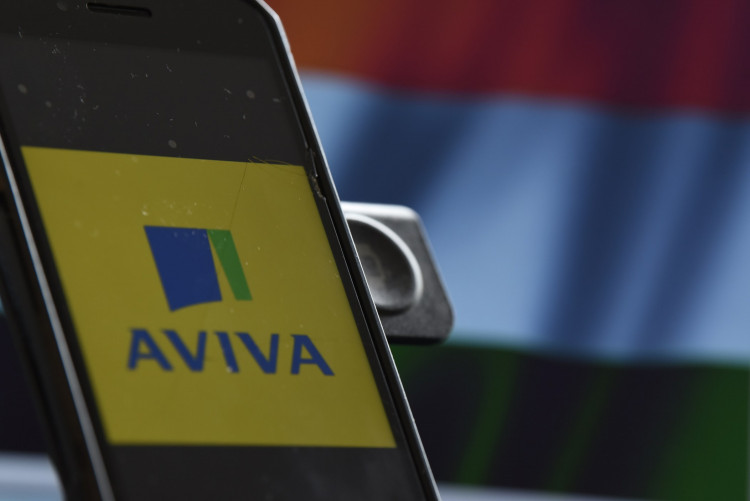British insurer Aviva has been accused of orchestrating a significant tax evasion scheme in India. The Directorate General of GST Intelligence has alleged that Aviva used fake invoices and clandestine cash payments to bypass local regulations on sales agent commissions. According to a notice sent to Aviva on August 3rd, the company's Indian operations allegedly paid around $26 million from 2017 to 2023 to entities that purportedly offered marketing and training services. These vendors, however, did not perform any actual work and were merely fronts for funneling funds to Aviva's agents.
The tax notice describes the operation as a "deep-rooted conspiracy," with Aviva and its officials accused of using fake invoices to disguise these payments. This scheme allowed the company to sidestep the regulatory caps on commissions imposed by Indian insurance authorities. The Directorate General of GST Intelligence's findings indicate that Aviva wrongfully claimed tax credits on the fraudulent invoices, resulting in an estimated $5.2 million in evaded taxes.
The case is part of a broader crackdown on the Indian insurance sector, where over a dozen companies are being investigated for evading an estimated $610 million in taxes, interest, and penalties. Aviva now faces potential penalties of approximately $11 million, equivalent to its profit from life insurance sales in India for 2023. The gravity of these penalties underscores the substantial financial and reputational risks the insurer faces.
Evidence from the tax agency includes internal communications such as emails and WhatsApp messages between Aviva executives and insurance distributors. These documents reveal attempts to bypass compensation regulations. For instance, emails from November 2022 show how Aviva authorized excess commission payments, referred to internally as "Over Ride Commission" (ORC), beyond what was officially recorded. One email illustrated that although Aviva paid a standard 17% commission to a distributor, it committed to a total payout of 75% by using fake invoices from marketing vendors.
The notice also details the role of 559 individuals hired by Aviva as "agent mentors," purportedly to train sales agents. These mentors, however, did not provide any actual services and were involved in generating fake invoices to facilitate excess commission payments. In one case, an insurance agent from Arunachal Pradesh testified that Aviva had advised his family to appoint an agent mentor, a role that his sister took up despite not performing any related duties.
Further complicating the situation, the tax notice describes how Aviva facilitated payments through photographs of 10-rupee bills. Agents used these photos to collect excess commissions in cash from vendors, adding another layer of complexity to the fraudulent transactions.
In response to inquiries, Aviva has declined to comment on the ongoing legal matters. The company has not yet formally addressed the allegations but is expected to challenge the notice's claims. The scandal's impact extends beyond immediate financial penalties, potentially affecting Aviva's strategic position in the competitive Indian insurance market.
India, while a relatively small market compared to other regions, represents a key growth area for Aviva. The country's life insurance sector, though contributing a smaller percentage to the national GDP compared to markets like the UK, is crucial for the company's expansion efforts. The outcome of this investigation could significantly influence Aviva's operations and reputation in the region.





